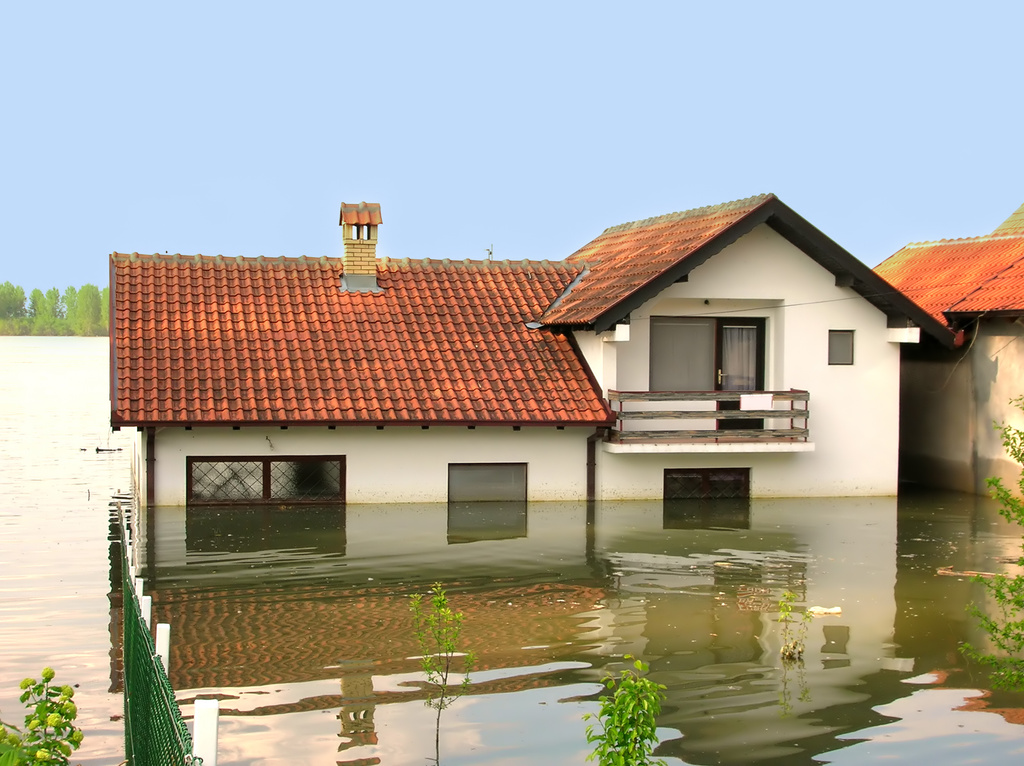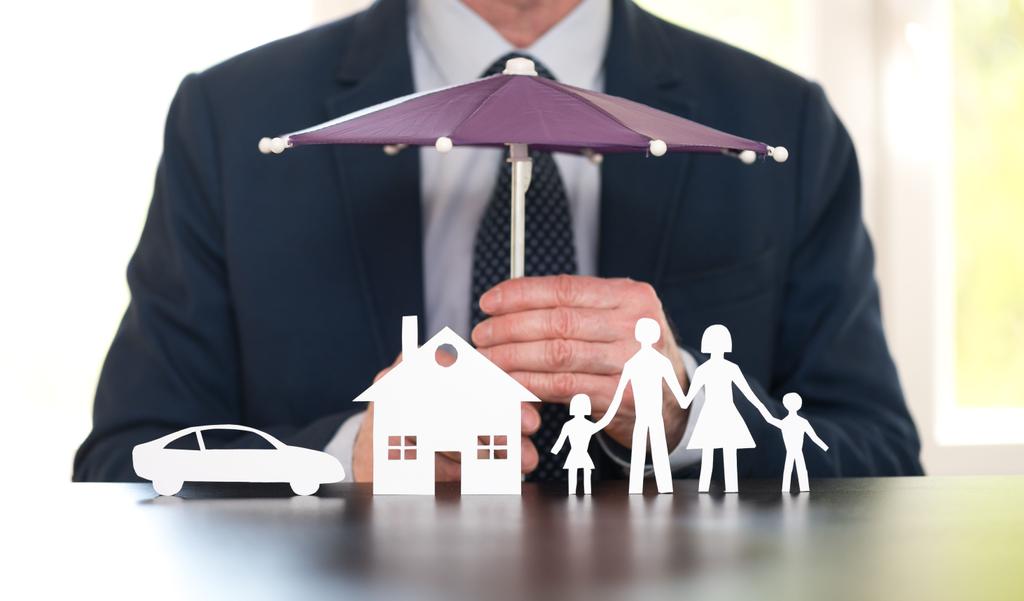Natural disasters can strike at any time, often leaving behind devastation that is both emotionally and financially draining. From hurricanes and floods to earthquakes and wildfires, the unpredictability of these events highlights the importance of being prepared. As a homeowner, one of the most critical steps you can take is securing comprehensive disaster insurance to protect your property and personal assets from the aftermath of these disasters. This blog will explore why disaster insurance is essential and how it plays a vital role in your overall preparedness strategy.
Understanding Disaster Insurance
Disaster insurance is designed to provide financial protection to homeowners in the event of natural disasters that can damage or destroy their property. While standard homeowner’s insurance policies cover various risks, they may not include certain natural disasters, such as floods or earthquakes. This is why specialised disaster insurance policies are essential in ensuring you’re adequately covered.
These policies can be tailored to cover different types of natural disasters based on where you live and the potential risks you face. For example, if you live in a flood-prone area, flood insurance becomes a necessity, while those living near fault lines should consider earthquake coverage.
Common Misconceptions About Disaster Insurance
One of the reasons many homeowners fail to secure disaster insurance is due to common misconceptions about what their existing policies cover. Many believe that their standard homeowner’s insurance will protect them from all types of natural disasters. However, this is not always the case.
Standard policies typically cover damages caused by events like fire or theft but may exclude specific natural disasters such as floods, hurricanes, and earthquakes. Understanding what is and isn’t covered under your current policy is the first step in evaluating whether you need additional disaster insurance.
The Financial Importance of Disaster Insurance
Recovering from a natural disaster can be costly, especially when it involves repairing or rebuilding your home. Without adequate insurance, these costs can quickly add up, leaving you financially vulnerable. A comprehensive disaster insurance policy can provide the funds necessary to repair or rebuild your home, replace personal belongings, and cover temporary living expenses while your home is being restored.
For many homeowners, their house is one of the most significant financial investments they will ever make. Protecting this investment with disaster insurance ensures that if the unexpected happens, you won’t be left shouldering the financial burden alone.
Assessing Your Risk
Before purchasing disaster insurance, it’s essential to assess the specific risks associated with where you live. Every region has its own set of environmental threats, and your location plays a crucial role in determining what type of disaster insurance you need.
For instance, homeowners in coastal areas are more susceptible to hurricanes and storm surges, making wind and flood insurance crucial. On the other hand, those living in regions prone to wildfires may need specialised coverage to protect their property from fire damage.
By evaluating your location and identifying the natural disasters most likely to occur in your area, you can make informed decisions about the type and amount of coverage needed to protect your home and family.
Types of Disaster Insurance
There are several types of disaster insurance policies available, each covering different natural events. Understanding the specifics of these policies can help you choose the right one for your needs.
Flood Insurance: Flooding is one of the most common and costly natural disasters. Unfortunately, most standard homeowner’s insurance policies do not cover flood damage. Purchasing flood insurance, especially if you live in a flood-prone area, is essential in safeguarding your home.
Earthquake Insurance: For those living near fault lines or in earthquake-prone regions, earthquake insurance can provide coverage for damages caused by seismic activity. This includes repairs to the structure of your home and replacing personal property that may have been destroyed in the event of an earthquake.
Hurricane and Windstorm Insurance: In areas susceptible to hurricanes and strong winds, it’s important to have a policy that covers these specific events. This type of insurance can help pay for repairs caused by wind damage and, in some cases, storm surges.
Wildfire Insurance: Homeowners in fire-prone areas should consider wildfire insurance, which covers damages caused by wildfires and the related destruction they can bring to homes and surrounding properties.
Tornado Insurance: Tornado-prone regions should consider wind damage policies that cover tornado-related destruction. Tornado insurance ensures that you are protected against the destructive winds and the potential aftermath of this unpredictable force of nature.
Disaster Recovery: Beyond Financial Protection
While disaster insurance provides critical financial relief, preparing for a disaster requires more than just having a good policy. Developing an emergency plan, having a well-stocked disaster kit, and knowing evacuation routes are essential components of disaster preparedness. Having insurance is only part of the equation—being mentally and physically prepared for a disaster is just as important.
Disaster insurance can help cover the financial aspect, but having a comprehensive plan will give you peace of mind in knowing that you are ready for the unexpected.

Filing a Claim After a Disaster
The aftermath of a natural disaster is often overwhelming, and filing an insurance claim may seem like an additional burden during a time of crisis. However, understanding the process and knowing what steps to take can make the experience smoother and help you get back on your feet faster.
Document the Damage: Before contacting your insurance company, document all damages with photos or videos. This will provide a clear record of the destruction for your claim.
Contact Your Insurance Provider: Reach out to your insurance company as soon as possible to report the damage. Be prepared to provide details about the extent of the destruction and the type of claim you are filing.
Keep Records: Maintain thorough records of your interactions with the insurance company, including the names of representatives, dates, and times of communication.
Mitigate Further Damage: If possible, take steps to prevent further damage to your property, such as covering broken windows or leaking roofs. Your insurance company may require you to do this as part of the claims process.
Work with Adjusters: An insurance adjuster will assess the damage and provide an estimate of the cost to repair or replace your property. Be sure to cooperate with them and provide any necessary documentation.
The Role of Disaster Relief Volunteers
While your disaster insurance will help financially protect you after a natural disaster, local and national disaster relief volunteers often play a crucial role in assisting communities. These volunteers offer critical services such as helping clear debris, distributing essential supplies, and providing emotional support during times of crisis. Their contributions highlight the importance of community in disaster recovery, reminding homeowners that they are not alone during challenging times.
Preparing for the Unexpected
Disasters are unpredictable, and the damage they leave behind can be life-altering. As a homeowner, ensuring that you have the right disaster insurance in place is a key step toward protecting your property, family, and financial future. By understanding the types of insurance available, assessing your risks, and developing a comprehensive disaster preparedness plan, you can be ready to face whatever comes your way. Being proactive and informed will help you recover more quickly and with less stress when the unexpected occurs.





